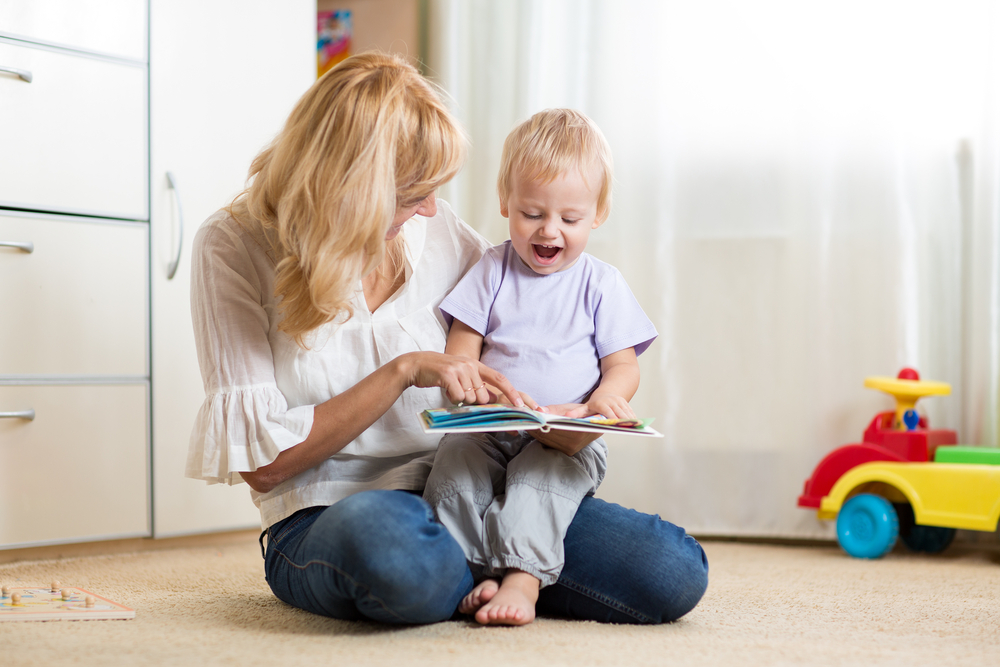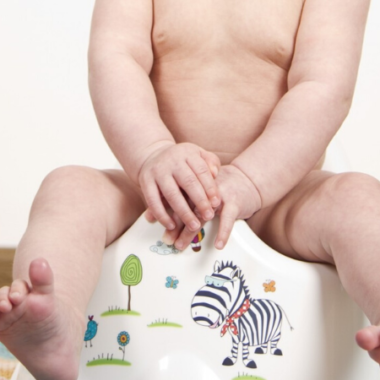Talking is one of a child’s developmental milestones that should be reached to enhance communication and interaction with family, friends, and other people in the society. Listening precedes talking, babies hear words or sounds made around them and try to make it too by blabbing, gurgling, or cooing.
As a parent, helping your baby to learn how to talk and improve their pronunciations will go a long way in achieving this milestone as they grow. However, understand that while you are helping, it is important to avoid the use of vulgar or improper words around them. Here are 14 ways in which you can encourage baby talk.
Recommended: 6 Tips On How to Prepare Your Young Child For A New Baby
- Communicate with your baby: Talking to your baby with a clear voice and a gentle smile on your face encourages him or her to make sounds too despite not understanding you yet.
- Read to your baby: Reading to your baby helps to develop his or her speech and language skills. Your baby listens while you read and become exposed to different words and sounds.
- Sing to your baby: Your baby hears everything that comes out of your mouth. He just doesn’t understand or know how to respond yet. Don’t cease singing to your baby, he is learning and would sing along with you soon.
- Imitate your baby: While your baby coos, gurgles, or babbles, mimic him. This cheers him up and makes him want to do more. With this, his talking skill is continually improved.
- Be consistent with the language you use: Multilingual parents – with children already having difficulties with speech, parents who can speak more than one language should conclude on which they want to teach or use to communicate with their babies. Using different languages at a time can delay your child’s language and speech learning skills.
- Repeat words when talking to your baby: There are certain words some parents want their babies to learn quickly, for example, words like “mummy”, “daddy” and many more. Your baby becomes familiar with those words when you constantly repeat them. He may not pronounce it correctly, for instance, calling daddy “dada”. Be patient enough, he’ll improve.
- Help your baby identify objects: Talking to your baby is not just enough, pointing at what you are talking about will broaden his understanding and makes him easily identify objects. This includes showing your baby what a cup is while pointing at it. Also, understand that it is important to Introduce your baby to simple objects such as “cup”, “books”, “chair” etc. and not objects like “Refrigerator”, “washing machines” etc that may sound difficult. Hazardous objects should be kept out of reach.
- Help your baby correct pronunciations: when your 2 or 3-year-old tries to communicate with you but he’s not pronouncing the words appropriately, correct him by making the right pronunciation and instruct him to say the correct words after you.
- Build on your baby’s words: Expantiate each word your baby say, if he mentions “cup”, you can reply with “Yes, that is a blue cup”.
- Use words at their simplest forms: Helping your baby to talk should be a one-step after the other process, understand that certain words can be difficult for your baby to understand or pronounce, so, begin by using simple words such as “up”, “go”, “come”, “sit”, “no”, “yes” etc.
- Minimize the use of sign language: It is fine to use sign language but too much of it is not good for babies as frequent use of sign language can delay speech. When you wave to your baby, back it up with saying “bye-bye” for a better understanding.
- Play videos that can help improve your baby’s talking skills: Many videos on YouTube can help, look for the best ones. However, it is important to reduce your baby’s screen-time as too much of it can affect the eyes.
- Leave your baby to play with words or sounds: Sometimes, you just have to watch him do his thing while you watch.
- Employ a Speech-Language Therapist: Understandably, the time at which children reach a particular milestone can be different, some are fast, while others can be delayed. There is no need to panic if you think your baby’s speech is delayed. Visit your pediatrician to help out, you may need to employ a Speech-Language Therapist who would help your baby with vocabulary, and how to apply words in answering questions or when communicating with people.
Latest posts by Editorial Team (see all)
- How Setting Postpartum Boundaries made me lose my brother - February 6, 2025
- How To Revive Your Sex Life After Baby - October 17, 2023
- The Sona App Aims To Make Your Child “Sleep Like A Baby” And We Tested It - May 14, 2023








